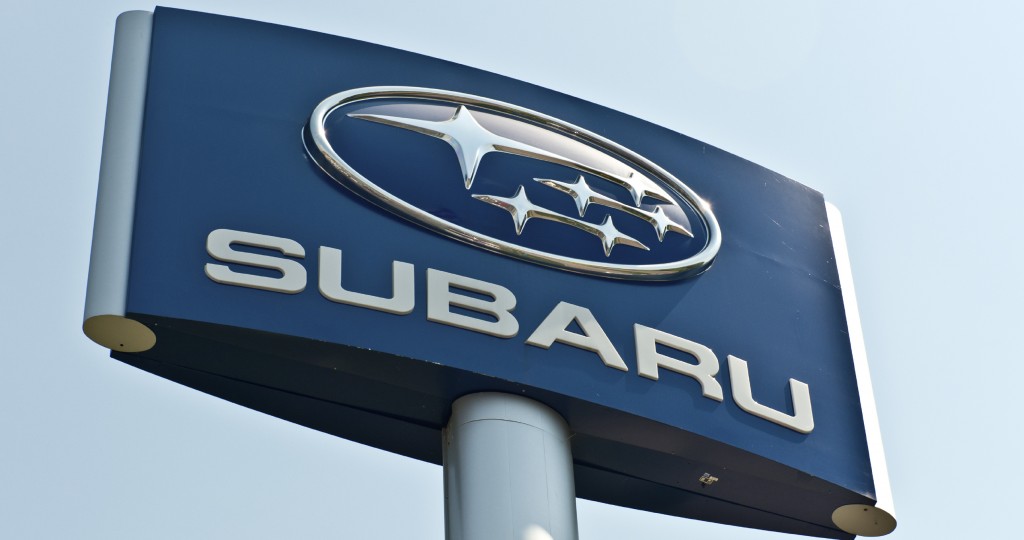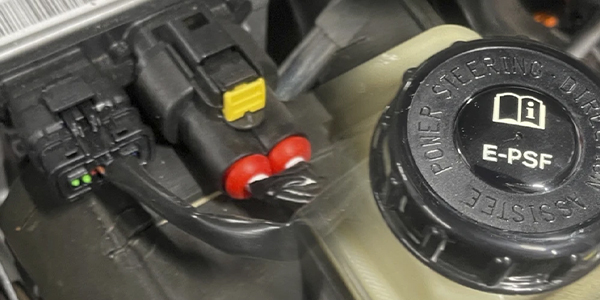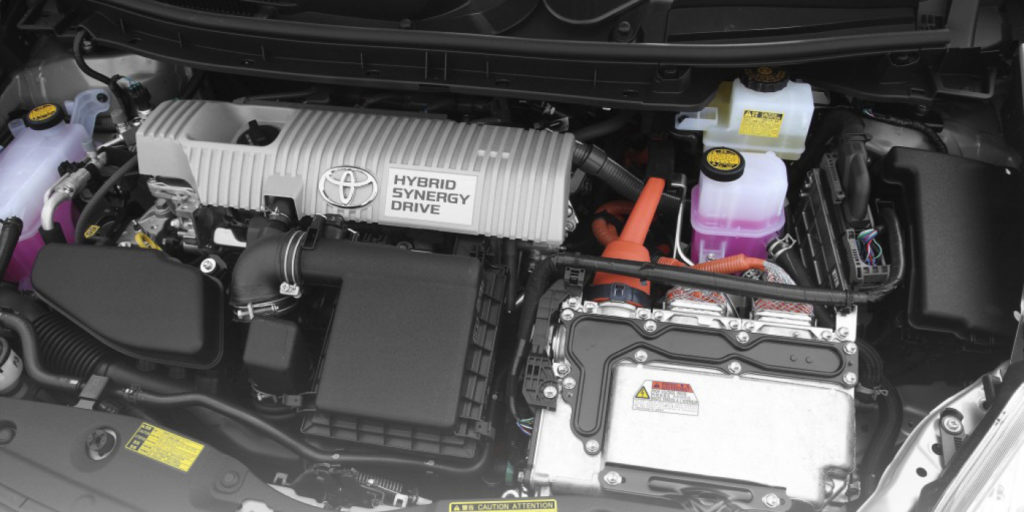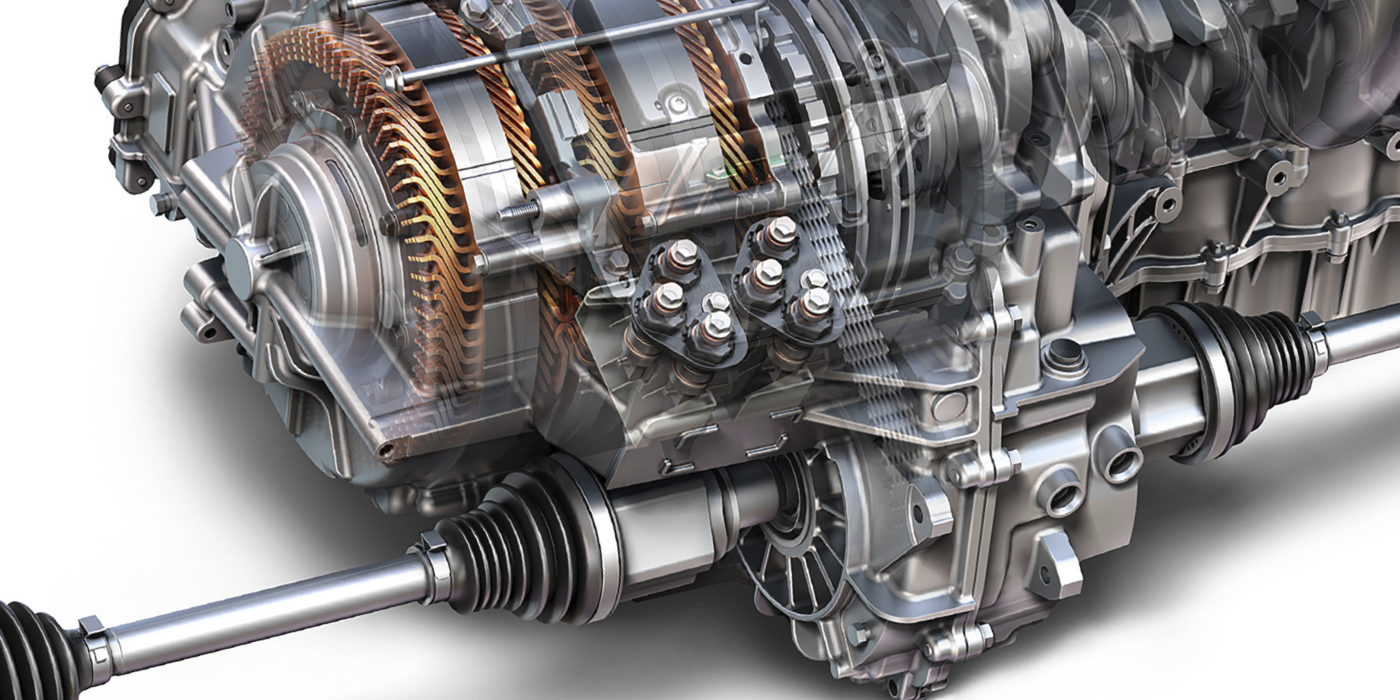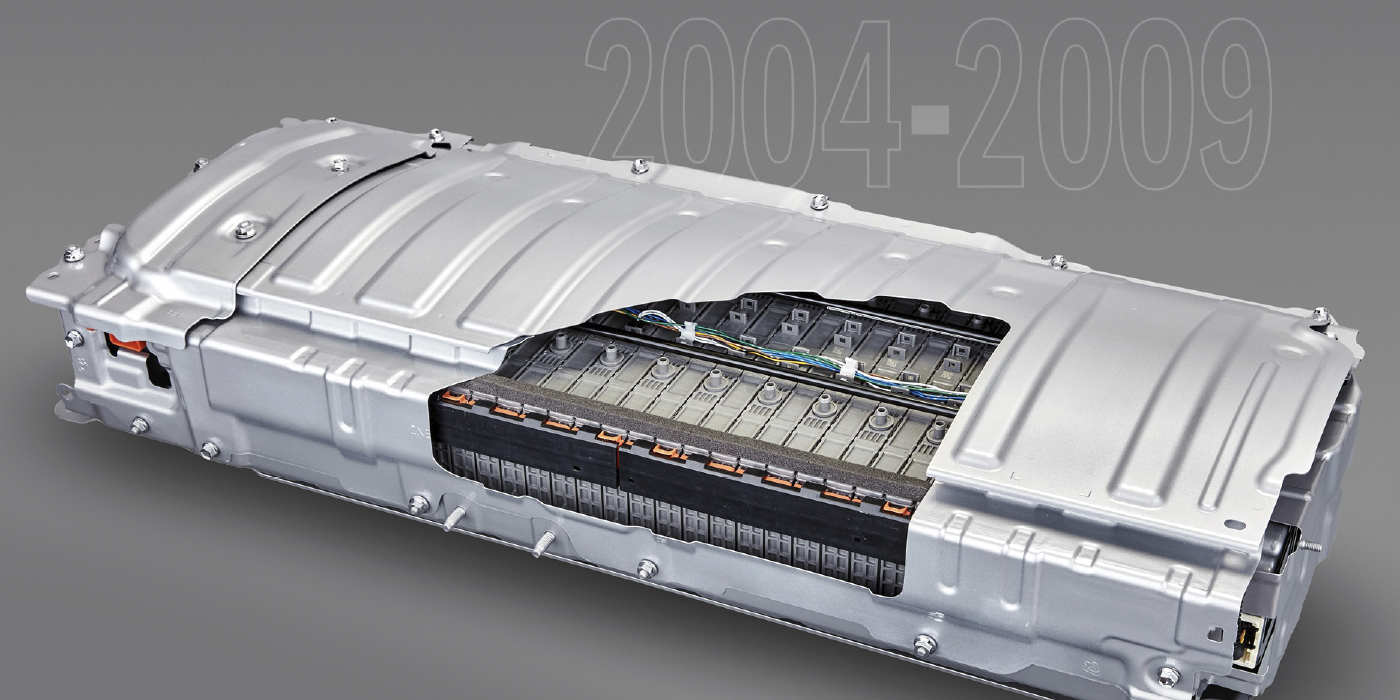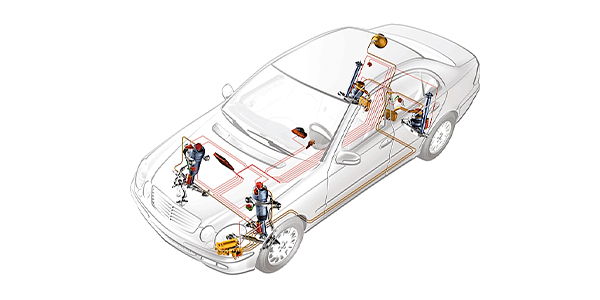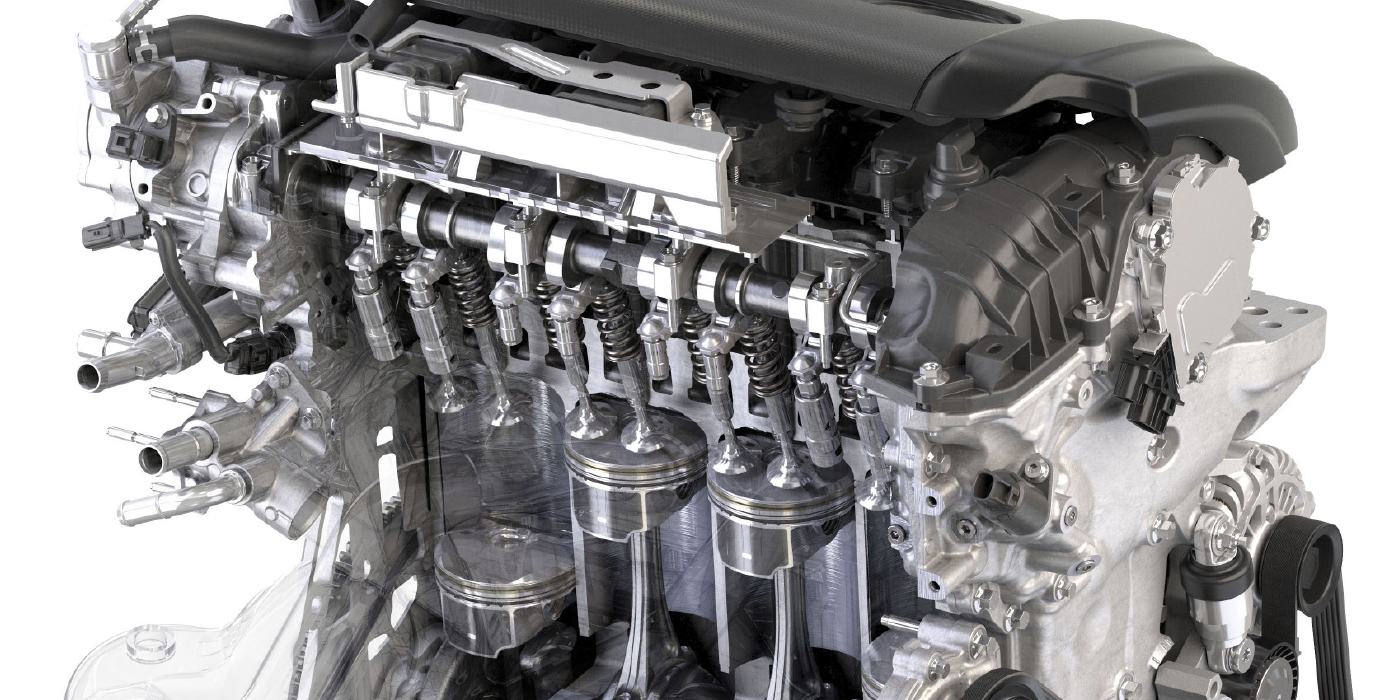Students in the Automotive Technology program at Indiana’s Ivy Tech Community College’s Kokomo Campus will have the benefit of dismantling and reassembling five late-model vehicles thanks to a recent donation by Subaru of Indiana Automotive (SIA) in Lafayette, IN.
SIA donated four Subaru Outbacks (one each from model years 2010 and 2012, and two 2011s) and one 2011 Subaru Legacy to the Kokomo Region’s Automotive Technology program. This brings to the total number of vehicles SIA has donated to Ivy Tech Kokomo Region to 15 over the past 10 years.
Mike Erny, associate professor and chair of the Automotive Technology program at Ivy Tech Kokomo, said students will benefit in many ways from the donation.
“With these cars, students will be able to diagnose electrical, mechanical and drive-ability problems like they’ll face when they are out working in a garage or dealership,” Erny said. “The students take the various subsystems of the vehicle apart and then reassemble the components to practice common industry repair procedures and situations.
“The vehicles provide the students with live hands-on activities so that they can experience and practice the repairs they will have to master when they enter the workforce,” he continued.
The Ivy Tech Kokomo Automotive Technology program has earned accreditation at the Master Automotive Service Technicians (MAST) level through the National Automotive Technician Education Foundation (NATEF), an independent, non-profit organization founded in 1983 to improve the quality of automotive technician training programs nationwide. To achieve accreditation, schools must pass NATEF’s comprehensive examination of the structure, resources and quality of its program evaluated against standards established by the industry.
“To comply with their standards, our students must perform several hundred tasks on late-model vehicles,” Erny said. “Without the support and donations from industry partners such as SIA, we would not be able to supply our students with the current and relevant industry experience they need to be successful in the automotive field.”
Ivy Tech’s Automotive Technology program prepares students for entry-level employment with companies that require training in such areas as electrical systems, engine performance, transmissions, brakes, steering and suspension systems, air conditioning systems and engine repair. Students are prepared to take industry-standard certification exams from ASE (the National Institute for Automotive Service Excellence). Students can pursue programs ranging from 18-credit-hour certificates in specific vehicle technologies to 34-credit-hour technical certificates in specific vehicle service areas, as well as attain 60-credit-hour associate degrees.
“SIA is proud to assist Ivy Tech’s Automotive Technology Program in creating a great hands-on experience for students by donating an additional five Subaru vehicles to Ivy Tech,” said Tom Easterday, executive vice president of Subaru of Indiana Automotive.
“SIA’s Vehicles for Learning Program has provided more than 100 vehicles to high schools, colleges and other vocational training programs across Indiana with the goal of enhancing students’ knowledge of the advanced technology, innovative engineering and outstanding safety features on vehicles in use today on our roads and highways,” Easterday said.

